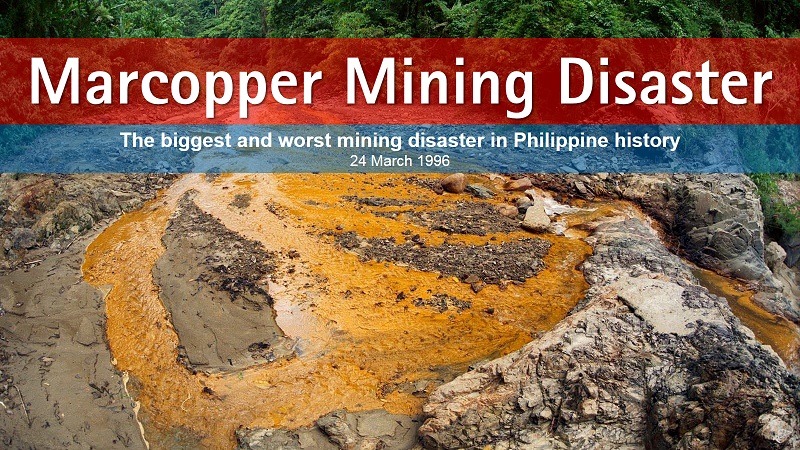Should the continuing effect of the Marcopper Mining incident persisted, Department of Health – MIMAROPA (Oriental/Occidental Mindoro, Marinduque, Romblon and Palawan) and Chairman of the Regional Inter-Agency Committee on Environmental Health (RIACEH) stated that the plausible option was to evacuate the residents of Marinduque for their security and interest.
“We need to prepare a contingency plan to mitigate the effects of the Marcopper Mining incident and to formulate immediate and concrete solutions to provide the necessary responses to the effects of the four-decade mining incident that has affected the health, livelihood and lives of residents in twenty barangays in Marinduque,” Regional Director Eduardo C. Janairo stated during a recent RIACEH meeting held at the Hive Hotel in Quezon City.
First among the interventions laid was the creation of a Provincial Task Force to track all data and information regarding the effects of the mining for a quicker response.
Second, is the setting up of medical and environmental surveillance system, for the early detection and identification of patients manifesting signs and symptoms of chemical poisoning including the establishment of a two-way reporting system for immediate response, management and treatment of cases.
According to Director Janairo, interventions for the effective clean-up of mine tailings will be started immediately which includes Phytoremediation, the planting of various trees, like the Beema bamboo, to remove, transfer and destroy degradation of contaminants in soils, surface water and ground water in affected areas of the province.
“The recent discovery of leaks in the diversion tunnel of the abandoned Makulapnit Dam in Boac, Marinduque raises fear and public concern and we should all act as guardians of the people, to safeguard not only their health and security but their life as well. Worst case scenario if these concerns are not properly addressed is to evacuate all residents out of the province,” he added.
The RIACEH is a committee headed by the Department of Health Regional Office and composed of fourteen (14) regional offices which aim to work and coordinate jointly on all environment related problems that continuously affect the health and welfare of the people.



